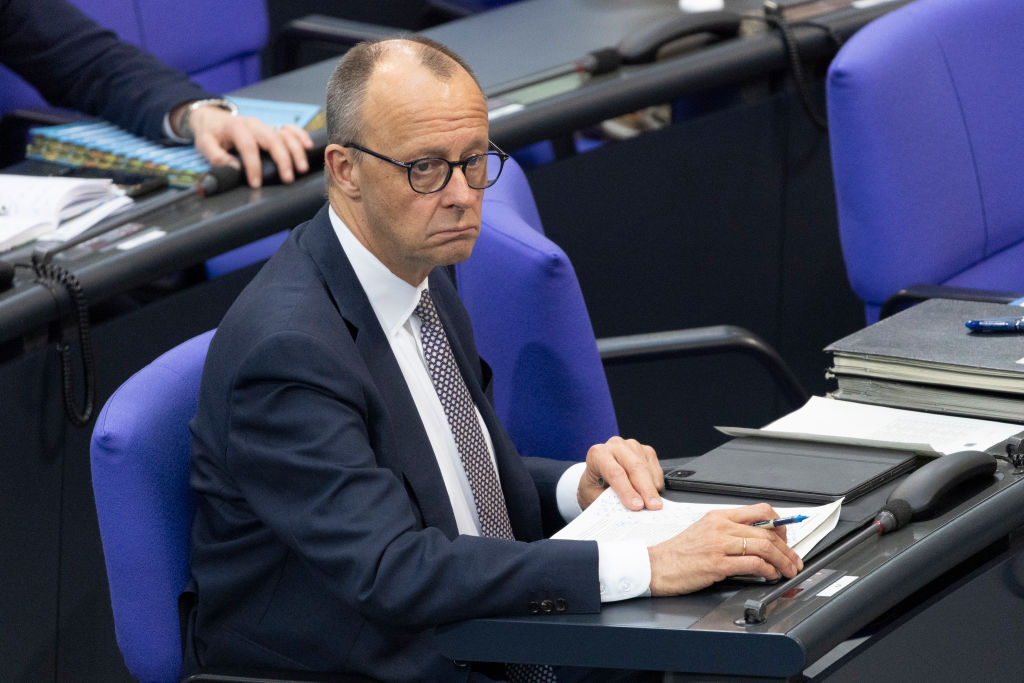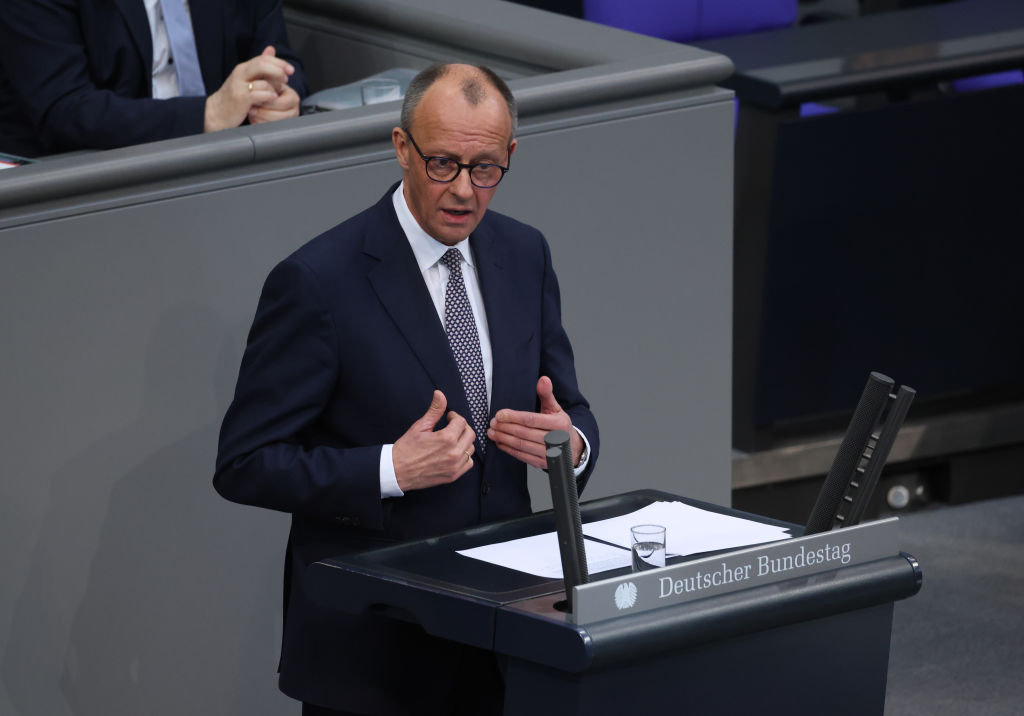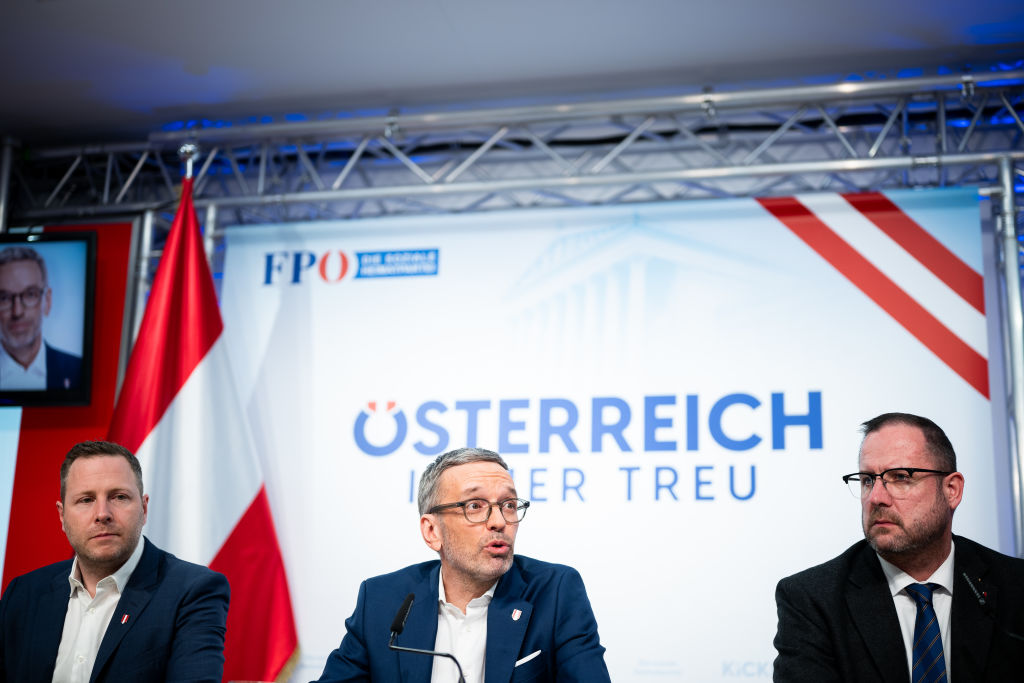Representatives of more than 60 German business associations have signed a joint letter to the leadership of the German Conservative Christian Democratic Union (CDU) and Social Democratic Party (SPD) that have been negotiating a government coalition.
The signatories expressed their mounting worries that the German economy was falling by the wayside in the negotiations even though the ailing private sector was in dire need of policies that encouraged economic growth.
The German economy is expected to shrink for the third year in a row in 2025, according to a recent report by research institute RWI.
“The news from the coalition negotiations so far gives rise to fears that our companies will relocate their investments abroad, as they have done recently, or stop investing altogether and that investors will steer clear of Germany,” the letter read.
The signatories wrote that a good economic policy was about more than just increasing state debt – a reference to the recent decision of the German parliament to abolish the country’s restrictive debt ceiling.
“We need framework conditions that make it attractive for companies from Germany and abroad to invest here and give our country’s enterprises prospects for the future,” the letter continued.
“We make an urgent appeal to you: fulfil your responsibility and ensure that Germany becomes a country of growth again. Everything else depends on it: social, internal and external security, environmental and climate protection, social peace”.
The business associations demanded corporate tax cuts, less bureaucracy and measures to lower energy prices for companies.
The letter has been signed by several lobby organisations who joined their forces in the campaigning alliance “Wirtschaftswarntag” (economic warning day). Among the members of said alliance are the BGA Association, which represents more than 100,000 trade and services companies, and Stiftung Familienunternehmen, an organisation financed by circa 600 mainly larger family-owned companies.
Oliver Zander, manager of the metal-processing association Gesamtmetall, told German newspaper Bild on March 30: “The party leaders must get their act together and cancel all interim results that exacerbate the economic crisis. If a new government does not switch everything to growth, Germany’s decline will continue unchecked.”
The coalition talks in Germany were expected to enter their final phase on March 31.
CDU leader Friedrich Merz has previously indicated that he wanted to form his government by Easter. The SPD said it wouuld put the coalition pact to a vote of its members.
As there were still many areas of dissonance between both parties, the timeframe for a coalition agreement has looked increasingly unlikely.





